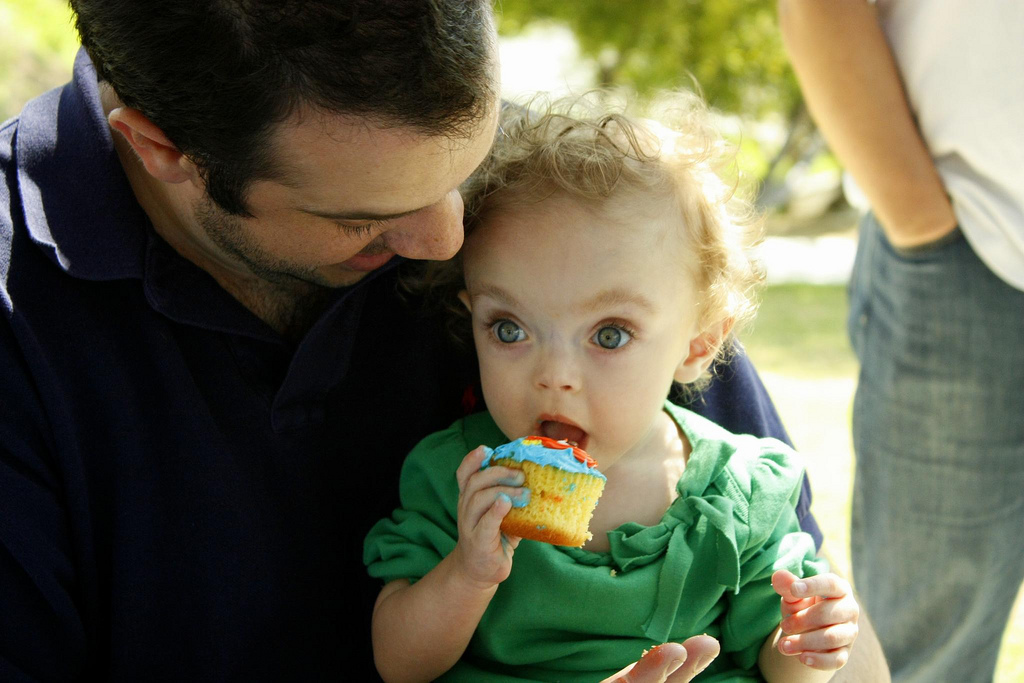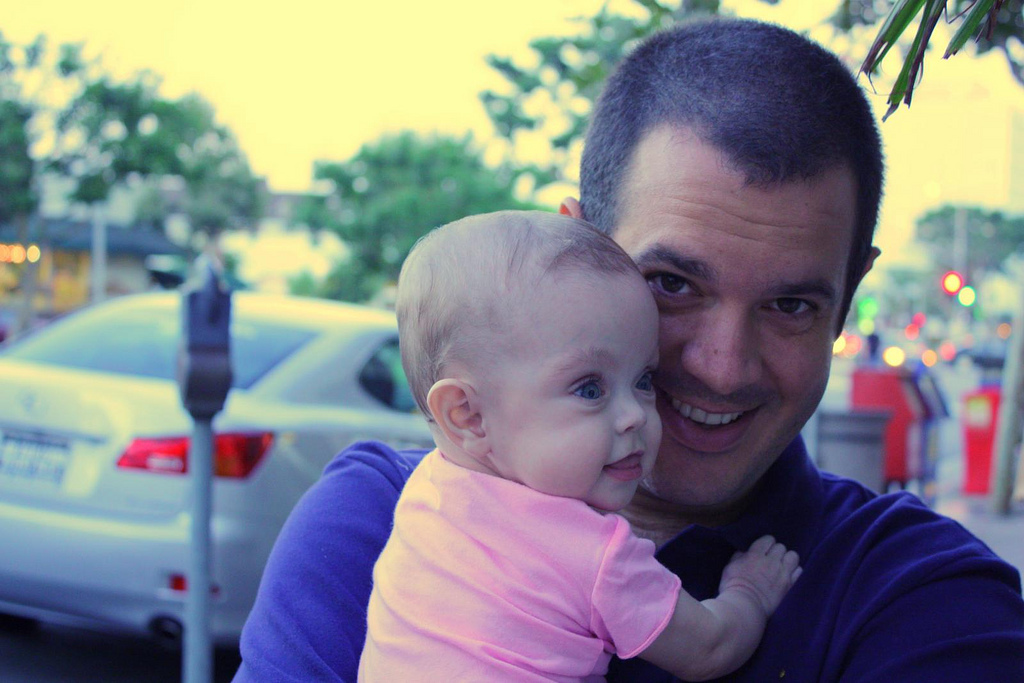by Courtney H. Lyder
 In a recent editorial in The New York Times, Theresa Brown wrote about how clinical hierarchies and the impact of conflict between nurses and physicians can be deadly for a patient. She said "when doctors and nurses don't get along, it's the patient who suffers."
In a recent editorial in The New York Times, Theresa Brown wrote about how clinical hierarchies and the impact of conflict between nurses and physicians can be deadly for a patient. She said "when doctors and nurses don't get along, it's the patient who suffers."
A lot of studies show that poor communication is linked to adverse patient outcomes. For example, of the 1,243 sentinel events reported to the Joint Commission in 2011, communication problems were identified in 60 percent.
By its very nature, healthcare is complicated; it is a rapidly changing environment and unpredictable. Professionals from a variety of disciplines can care for a patient during a 24-hour period, which can limit the opportunities for face-to-face communication.
Physicians and nurses are expected to work together, not only practicing side by side, but interacting to achieve a common goal: the health and well-being of the patient. But there are several factors that can make effective communication between nurses and physicians particularly difficult to achieve, including historic tension; conflicting viewpoints based on education, training, communication style; and terminology and existing communication processes that are inefficient at best.
With the focus of healthcare moving increasingly to the team approach, it becomes even more critical for physicians and nurses to work in collaboration. Higher education institutions including UCLA and the University of Virginia, for example, are working to improve how nurses and physicians work together before they enter the clinical environment.
The University of Virginia now requires interprofessional education for its nursing and medical school curriculums. Courses, training modulus and even faculty members are shared across both disciplines. Medical and nursing students are taught to respect each other's areas of expertise.
In the Fall of 2008, the UCLA School of Nursing and the David Geffen School of Medicine at UCLA, introduced a pilot program to integrate nursing students (in this case advanced practice students) and third-year medical students. The result was an innovative program that focused on content, such as communication with patients, ethics, behavioral medicine and other psychosocial issues. The idea was to get the two groups working together sooner rather than later so students from both schools could develop team-building skills, increase their awareness of each other's roles and get used to working together in making decisions to improve patient outcomes.
Our initial results indicated the students found the experience to be of great value. In addition to assisting students with their clinical decision-making skills, the discussions that took place during the course provided an excellent forum in which the nursing and medical students gained a better mutual understanding.
I believe collaborations like this represent the future of medical and nursing education. No two groups of health professionals are more interrelated in practice, and by starting here, we allow them to understand each other and to grow up together as students.
We are now taking the next step by creating assessment tools to evaluate interprofessional competencies not only in the classroom but in clinical practice settings as well. Tools such as an iPad app will allow instruction leaders to assess actual collaborative practices through observations and walk-throughs in clinical settings. Our ultimate goal is to disseminate the tools with a wider community.
Patient safety needs to be our top priority. Successful delivery of healthcare needs to be interdependent and respect shown for the education and knowledge of each team member. Interprofessional education is an excellent start.
Courtney H. Lyder is dean and professor of the UCLA School of Nursing, professor of Medicine and Public Health as well as Executive Director of the UCLA Health System Patient Safety Institute and Assistant Director of the UCLA Health System.
Source: Hospital Impact


 determining that Maddie's lungs were immature, rushed her to the NICU. There Maddie's life hung in the balance, and though my wife, Heather, and I longed to care for her ourselves, her condition made it so that we couldn't. We had to trust the NICU nurses to take care of our baby for us, and that was incredibly hard -- especially at night when we went home to catch a few hours sleep.
determining that Maddie's lungs were immature, rushed her to the NICU. There Maddie's life hung in the balance, and though my wife, Heather, and I longed to care for her ourselves, her condition made it so that we couldn't. We had to trust the NICU nurses to take care of our baby for us, and that was incredibly hard -- especially at night when we went home to catch a few hours sleep. named Maddie (also "Bunny" or "Little Mama" as they called her), who was beautiful and strong. I could see that they considered my daughter to be amazing and a gift, and to see others felt about her as I did was incredibly meaningful to me.
named Maddie (also "Bunny" or "Little Mama" as they called her), who was beautiful and strong. I could see that they considered my daughter to be amazing and a gift, and to see others felt about her as I did was incredibly meaningful to me.





